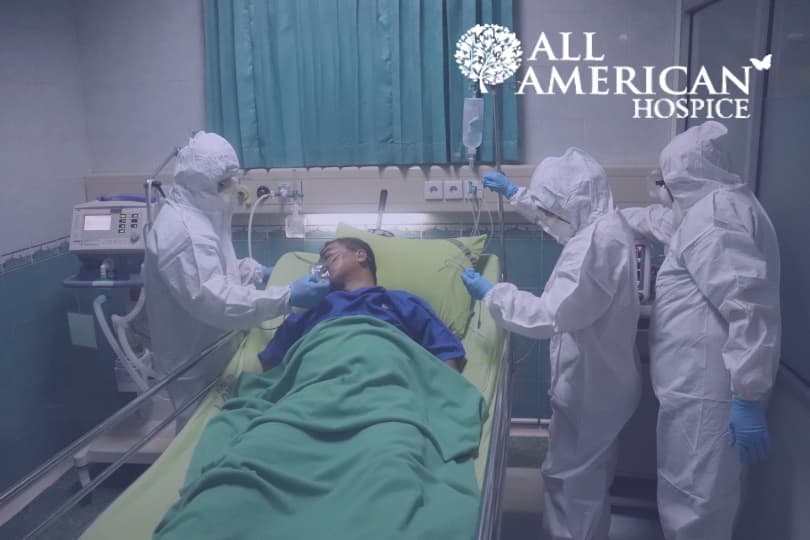Table of Contents

Consumption of water and food is fundamental to human survival. Can you die from not eating? In order to function normally, your body requires both the energy that food provides and the water that it can absorb. If you eat a varied diet and drink plenty of water every day, your body will function at its best.However, we can go for days without drinking water if necessary. Humans have adapted their metabolisms and energy needs to go for days, and even weeks, without eating. With the elderly, those in hospice care, and cancer patients, however, things are obviously different. So how long can a person live without eating if they’re suffering from other illnesses?
If You Starve Yourself, What Will Happen to Your Body?
Calories from food are the fuel that keeps us going. How long can you survive without food? Your body will begin breaking down its tissues for fuel, which will harm pretty much every aspect of your functioning. Organ failure and severe weight loss are the primary results of this condition. Our bodies are not built like that of Mahatma Gandhi, so during starvation, our bodies undergo these changes:
The Brain and Spinal Cord
Approximately 20% of a person’s daily caloric intake goes toward fueling their brain. Depriving the brain of this energy disrupts its normal functioning, which in turn can cause issues with concentration and sleep when a human goes without eating.
The Heart
Energy levels drop during starvation, which has physiological effects on the heart. When energy reserves are low, the heart can’t pump blood around the body as well, which lowers blood pressure and heart rate. After a period of low blood pressure and a slow heart rate, heart failure sets in.
The Digestive Tract
Constipation, bloating, nausea, and vomiting are just some of the side effects of eating less. Lowered blood sugar and energy levels also result from eating less. Over time, the muscles in the digestive tract can weaken to the point where they are unable to propel food along the digestive tract.
Pancreatitis
One of the worst things that can happen when someone is hungry is that the pancreas can get inflamed and swell up. This can cause severe stomach pain, nausea, and vomiting.
The Endocrine System
The endocrine organs require dietary fat and cholesterol in order to produce hormones. When you don’t get enough food, your body can’t make hormones that strengthen bones, like testosterone, estrogen, and thyroid hormones. This makes your bones weak.
Metabolism Suffers, Too
How long can someone go without eating? The menstrual cycle becomes irregular or stops altogether. The core body temperature drops significantly in hypothermia. You will find cracked lips are a regular ailment to deal with. Broken or falling hair is also a common symptom.
Why Do a Hospice Patient Stops Eating?
Loss of appetite is a common symptom for cancer patients and elderly hospice patients too. With cancer patients, it’s the drugs; with the elderly, it’s a combination of losing zeal for life and not being able to communicate their issues.
The loss of appetite is not usually life-threatening. However, dehydration is often linked to loss of appetite and, if left untreated, can cause an electrolyte imbalance, shock, or coma. If you or someone you’re with is experiencing severe dehydration, as indicated by symptoms like confusion, loss of consciousness, cold skin, or decreased urine output, get medical help right away or dial 911.
It’s important to see a doctor right away if the loss of appetite is severe or ongoing.
How Do You Treat a Loss of Appetite?
A doctor needs to diagnose and consult how you must deal with the loss of appetite in yourself or a loved one. If a medical condition or other obvious cause of loss of appetite is discovered, treatment will concentrate on resolving that issue. However, keep in mind that dealing with this yourself is going to be a strain. Seek professional help from hospice workers, who can not only assist you but also guide you from time to time.
Alternative Therapies
If your physician thinks it would be beneficial for you to work with a dietitian, they may suggest it. If you’re having difficulty swallowing, hospice workers will blend up your food to make it easy to consume. They won’t churn up fish and chips to turn into a smoothie, but you can expect a healthy diet in the form of a shake to sip on.
Medications
Appetite loss can be treated with a small number of medications. Depending on what’s causing your problem, your doctor may suggest one of several medicines that work in different ways. Hospice healthcare providers are experts in dealing with these medications and will provide the right food and nutrition to assist the medication in healing the body.
More Than Just Aid
Hospice assistance is a package deal with doctors, nurses, and other palliative care workers. If a hospice patient stops eating, they’re well trained to deal with the matter before it leads to a larger issue. If a cancer patient stops eating, they’re aware that it is due to the medications and the nutrients to pull through are provided in forms other than simple meals.
On the other hand, if it’s an elderly patient not eating and how long they will live is your concern, discard your worries. Hospice workers will provide them with the company elders usually desire while having meals.
Wrapping up
How long can you go without eating? Turns out, this is a common concern with family members dealing with stubborn patients. So reach out to My All American Hospice when working with a cancer patient who stops eating and you wonder how long they will live. Affordable help, covered with medical insurance, is right around the corner and all you have to do is give us a call.

 215-322-5256
215-322-5256
Comments are closed.